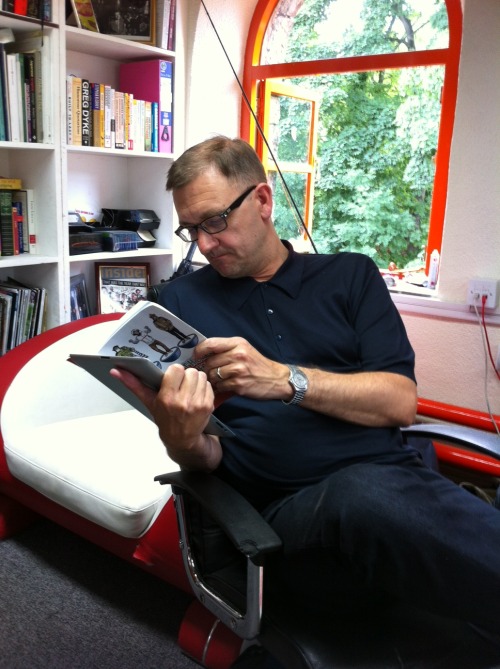Marple - Asda got shown the way out of town, but Marple still seems to lumber on without a clear identity or a direction. Paul Howard Menswear closing was a blow to the retail core, no progress on the Kirkland development of a new Waitrose or Aldi. Crummy Corner looks even worse since All Things Nice departed for the new deli on the main street. The row at Rose Hill ended badly.
 |
| Rose Hill Stores - ended badly |
Journalism - Carried on writing, including a cover byline on Economia, the largest circulation business magazine in the country, but radio was what started really exciting me. I hosted Downtown's hour long business programme on CityTalk FM a few times and really enjoyed it. Have also enjoyed popping up on Radio5 Live and BBC Radio Manchester. Also did the Whistelblowers podcast a couple of times. I want to do more of this. Any help and hints gratefully received.
 |
| Whistleblowing |
Manchester - the city is definitely on the up, but large issues loom ahead. The circle of poverty around the city core is a blight on the rest of the shiny happy centre. I've worked with the top class civic leadership this year, but 2014 has to be year when a new generation starts to shine through as the whole city region looks beyond Sirs Howard Bernstein and Sir Richard Leese to the generation who will lead the city in the next 20 years.
 |
| Cass Penant and Bill Routledge at the NFM |
Telly - Enjoyed some quality box sets - Broadchurch, Breaking Bad, House of Cards and the most compelling of them all, Homeland.
Politics - massively unimpressed with all the parties. Yet for all the negativity about Ed Miliband he's been an effective opposition leader - prevented intervention in Syria, stood up to Murdoch and the Daily Mail. Labour's message about living standards may be starting to stick, but as things get better economically the prospects for the coalition parties improve by the day. The politician that has played it best in 2013 has been George Osborne even if he has missed all his own targets. I'm worried that the Scots will vote for independence - they have the momentum and Salmond is one of the most capable politicians there is. Liked Andy Burnham and Andrew Adonis.
Catholic stuff - We were lucky enough to visit Rome this year and celebrate Mass in the Vatican. Pope Francis has brought zest and energy to the Church. He seems to be able to connect with the essence of what the core Christian message is - love, charity and hope.
Friends - This was the year we said goodbye to Martin McDermott and Norman Geras. So sad. But I continue to be awestruck by the small acts of kindness, generosity and thankless endeavour by so many of of our friends. We are truly blessed.
Family - we continue to hope and pray for the health of Hazel, my Dad's loving wife.






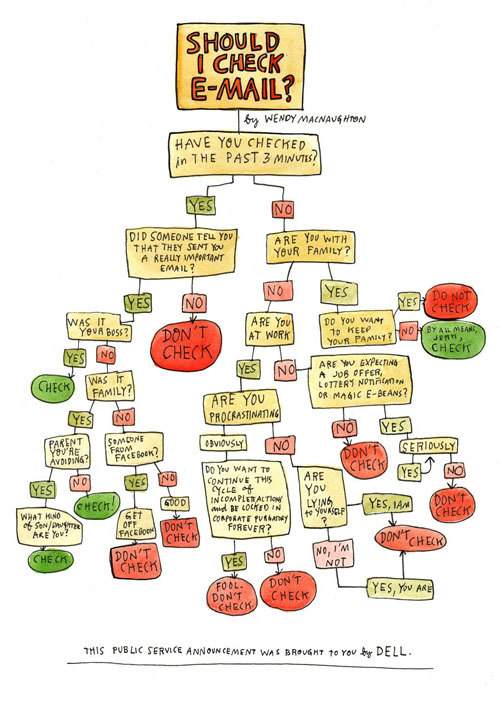



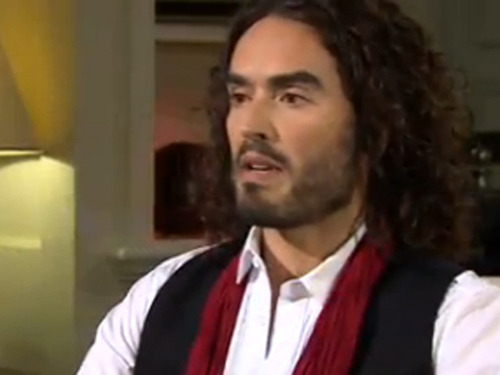



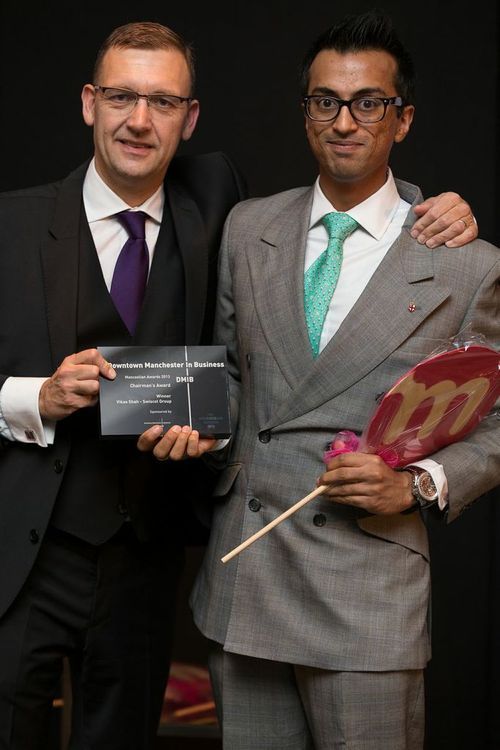

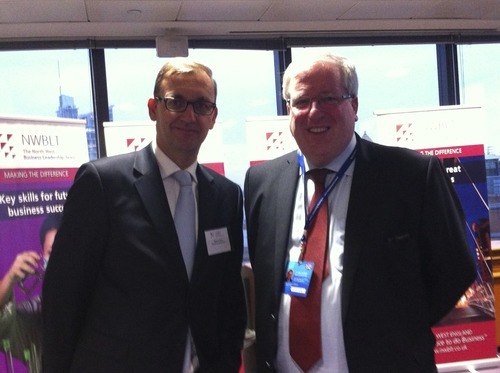
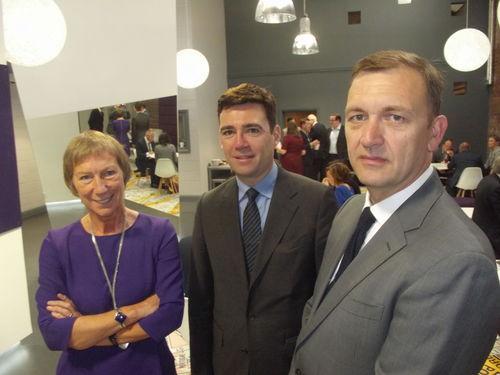
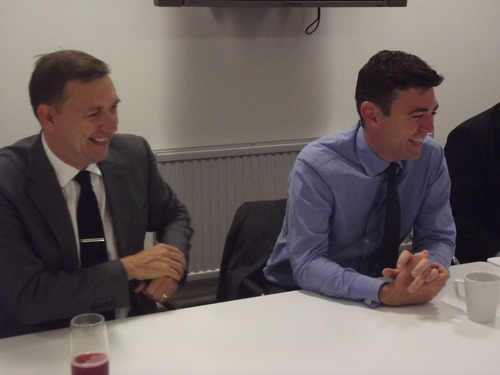
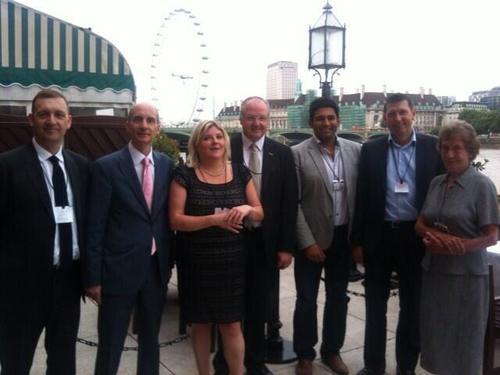


 On this day of all days, Bill Shankly's birthday, we see all of football laid bare. Transfer deadline day, where Shankly's famous quip about life and death will be crassly taken out of context. I heard a Sky reporter say yesterday we were "witnessing history" as the team bus pulled up at the Bernebau for the very last night time WITHOUT Gareth Bale.
On this day of all days, Bill Shankly's birthday, we see all of football laid bare. Transfer deadline day, where Shankly's famous quip about life and death will be crassly taken out of context. I heard a Sky reporter say yesterday we were "witnessing history" as the team bus pulled up at the Bernebau for the very last night time WITHOUT Gareth Bale.




